Since his emergence an an artist in the late ‘80s, Tim Garland has firmly established an international reputation as one of Britain’s foremost saxophonists and composers. Some highlights of his career include winning the 2009 Grammy for ‘best instrumental album’ and playing in the late Chick Corea’s band for several years. It is to the latter experience which he turns for his upcoming performances, first at Band on the Wall as part of the Manchester Jazz Festival, then at Ronnie Scott’s. The music is a celebration of his friend and mentor’s Vigil Songbook. Interview by Charles Rees:

London Jazz News: All of your players for this project ( Jason Rebello, Ant Law, Asaf Sirkis, Conor Chaplin and Tom Farmer) are multi-instrumentalists; keyboards and synthesisers, electric and acoustic guitars, drums and percussion, etc. Was that a conscious move on your part?
Tim Garland: Yes. In a way, that’s one of the crucial things about the vigil and what Chick’s vision of it was. By that time in his career, he was on his fifth decade of creating music. I think, many of us compartmentalise jazz as ‘oh, that sounds so ’60s’ or ‘this was going on in the ’70s and then the ’80s has a different feel’. Although in a superficial way that’s true, someone like Chick saw it all as just one story unfolding, and if you needed an electric bass and electric keyboards for some of it, or just acoustic piano for another part, that was still all part of the same novel; it wasn’t suddenly a different band.”
LJN: Did that inform your personnel choices, aside from the fact that you work with all the players frequently?
TG: Yeah, that’s a crucial thing. I love working with musicians where you can see their unique selling point; you can see where they come from. So, for example, Asaf’s got that really wonderfully unique ability to move between middle eastern hand drumming from his upbringing, those Yemenite rhythms, but he was equally brought up with prog-rock and really knows how to do that as well. As a band leader, I think it’s an absolute duty to find what’s very best in the players around you; it’s your duty to make sure everyone absolutely shines.
Not yet a subscriber of our Wednesday Breakfast Headlines?
Join the mailing list for a weekly roundup of Jazz News.
LJN: Is that a lesson that you learned from Chick Corea?
TG: It was, but I remember thinking the same before I knew him. Even in my early albums and bands, I was quite interested in keeping a band name, rather than ‘The Tim Garland Quartet’ or whatever, because a band name seemed to take the emphasis off me and put it on the totality instead. That has always interested me, but I know that’s how Chick thought as well.
LJN: Could explain a bit more about what the Vigil Songbook is?
TG: I suppose I’ve covered a little bit already, in the sense that the band was created from the perspective of someone that covered about five decades worth of musical/jazz history and saw no distinction between these various things, be it acoustic or electric, or a swing feel into a funk groove, and these elements of prog-rock that come into it as well; it was all part of the same tapestry. That is implicitly in the compositions: you’ve got a jazz waltz, there’s one called “Royalty” dedicated to Roy Haynes which we do, and a piece like “Galaxy 32 Star 4” – that’s such a Chick title (laughs) – which has elements of that prog-rock thing from Return to Forever, and it’s all within the same songbook. Chick used to say ‘we’re keeping a vigil, we’re keeping this music alive’. Obviously, in order to be in a band like that, you too have to have that overall love of these different genres; you can’t come to it with a bebop sensibility.
LJN: Are you encouraging your players to bring their own perspectives to the project as well?
TG: Oh yeah. We’re not doing an entire set of vigil stuff, but I’ve gotta say that even the stuff which is my own in this context is very heavily influenced by that band; it’s kind of a big tipping-of-the-hat to the legacy of Chick, so they come very respectfully to the music. I think that that’s what Chick had when he was looking back, whether it be Bud Powell or Art Tatum or looking at the great drummers he admired so much, it came from that reverential place, but equally it was playful. I think that that’s I legacy which I’d love to continue.

LJN: What are some of your key take-aways from your time in Chick Corea’s band?
TG: When he first heard my album Enter the Fire, he heard the whole album without really knowing who we were. Normally he would listen to albums lying in bed to go to sleep to, but he said by the end of the album that he was sitting on the end of his bed all excited. He told me what he liked was its all-inclusiveness, but he could also see that the band-leading side was well adjusted. So the first lesson I got from him was actually a big nod of appreciation, that I was very much on the right track. I think the other thing is something I continue to learn which is about rhythm: Standing next to him at the piano, his musical presence was so strong that it almost felt like it had its own gravitational pull, especially rhythmically. If you were anywhere near the piano you would almost get physically pulled towards it in the same way you do if you’re standing next to a great drummer. So I think that the lesson I learned, which I continue to learn, is the power of rhythmic placement and groove; and that, of course, cuts across any kind of genre.
LJN: In addition to your sax playing, are also well known for your bass clarinet playing. You have mentioned in the past that it was Chick Corea who first got you playing it; what’s the story?
TG: Back then I loved the bass clarinet but I didn’t have enough money to buy one. When Chick first asked me to join the band, he said; ‘you do play bass clarinet, don’t you?’ I just said ‘yes’, even though I didn’t own one. I had done all my grades on clarinet and I’d played it a couple of times just borrowing one as a student, and I knew I loved it. I don’t know how I managed to get the money together, but I just bought one. The first tour we did, I remember I wrote all of these exercises on bass clarinet for myself to practice, and in hotel rooms around Europe I would do my hour of practice on bass clarinet in the morning just to try and improve as quick as I possibly could; later on, two or three of those exercises turned into pieces.
LJN: Do you have any plans to record a Vigil Songbook album with your own band?
TG: We are very likely to be making a recording but it won’t be Vigil music. We did a video (linked below) and, in a way, that was our acknowledgment and tribute to that band; but, off the back of that is now coming a new set of material which wouldn’t really exist had it not been for the Vigil, so it’s been kind of a spark and a turning point.
LJN: What other projects have you been working on recently?
TG: I’ve just done two recordings: one is – it’s come out really beautifully – a duet with Jason Rebello; we’re doing more as just a duet at the moment, around the country, and that’s a celebration of thirty-years working together. The other thing I’ve done is something for a fairly large string orchestra with Tom Gould playing solo violin. It’s a bit like a violin concerto, just that, in-between all the movements, there are improvised interludes where I’ve got Tom and Gwilym Simcock playing. That’s a real kind of hybrid orchestral piece, and it was recorded at Abbey Road One so we’ve got that lovely big Hollywood sound.
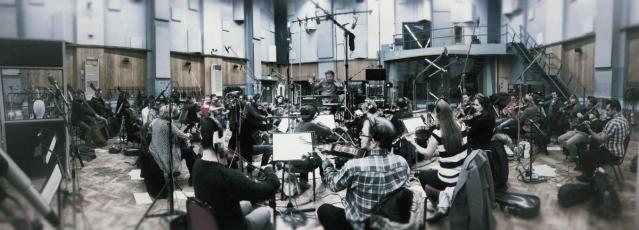
LJN: What should people expect to see at Band on the Wall and at Ronnie Scott’s?
TG: Their biggest takeaway will probably the unity of the music spreading through five-decades of influence. This is a band which has quite a bit of surprise within it, and a very broad remit where everyone on stage absolutely shines and it’s not about one person. We go from pretty strong, muscular grooves right through to moments of very deep lyricism, and the set embodies that effortlessly. That all-inclusive, playful, deeply communicative music is the spirit of Chick.
See Tim Garland’s Vigil Songbook live at Band on the Wall on 29 May (Tim Garland, saxes and bass clarinet; Jason Rebello, piano and keyboards; Ant Law, guitars; Conor Chaplin, electric and upright basses; Asaf Sirkis, drums and percussion) or at Ronnie Scott’s on 1 June (Tim Garland, saxes and reeds; Jason Rebello, piano and keyboards; Ant Law, guitars; Tom Farmer, electric and upright basses; Asaf Sirkis, drums and percussion).
LINKS: Tim Garland’s website
Rent Tim Garland’s Vigil Songbook and other documentaries on Vimeo
Categories: Features/Interviews


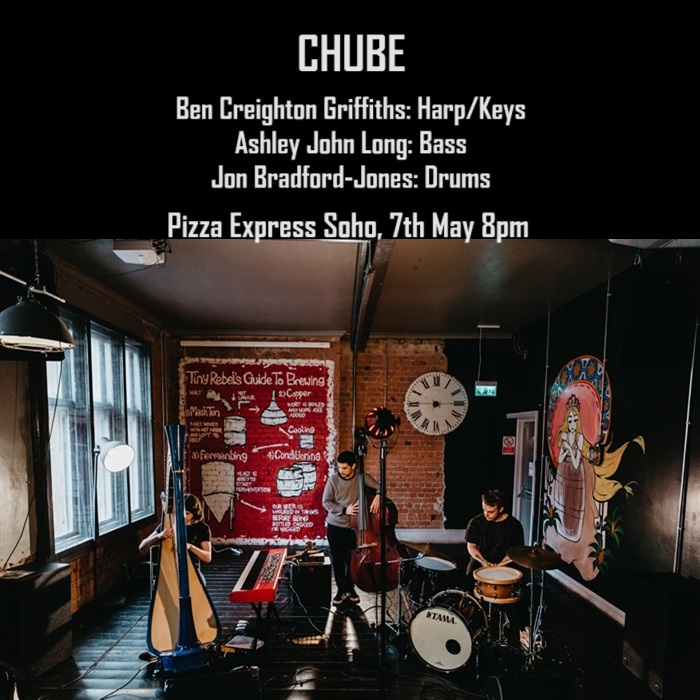


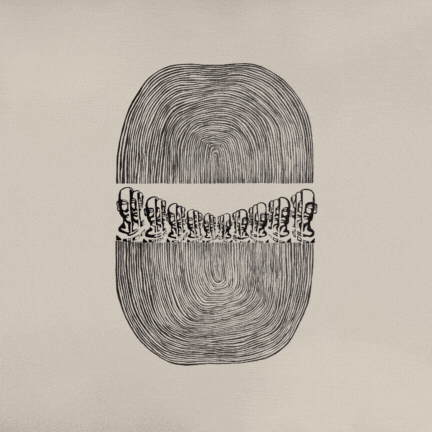


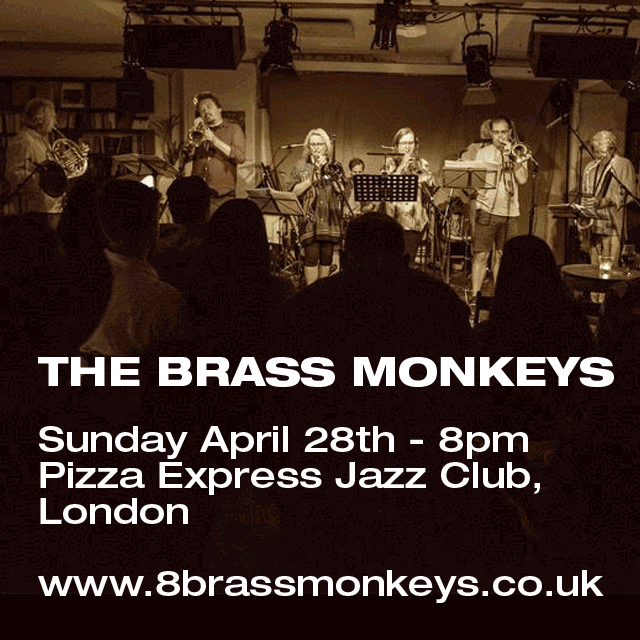
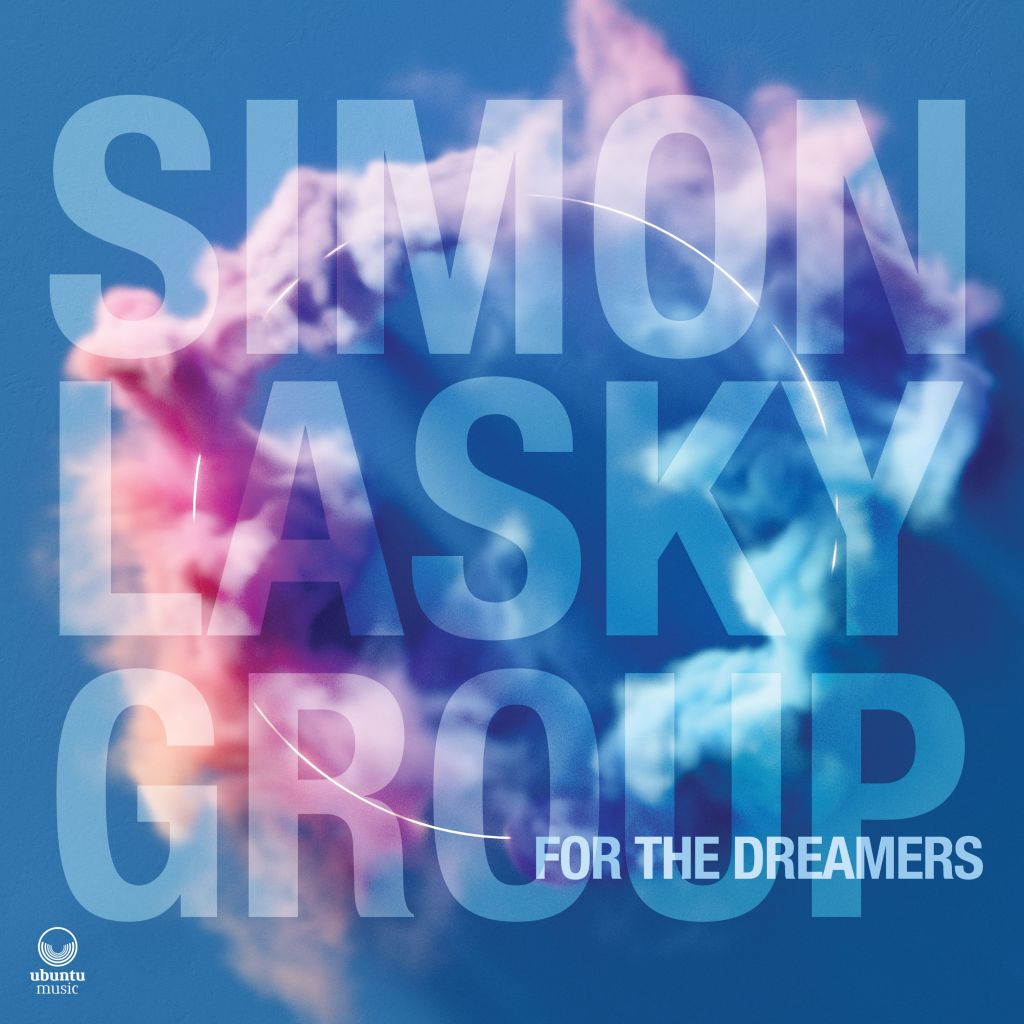
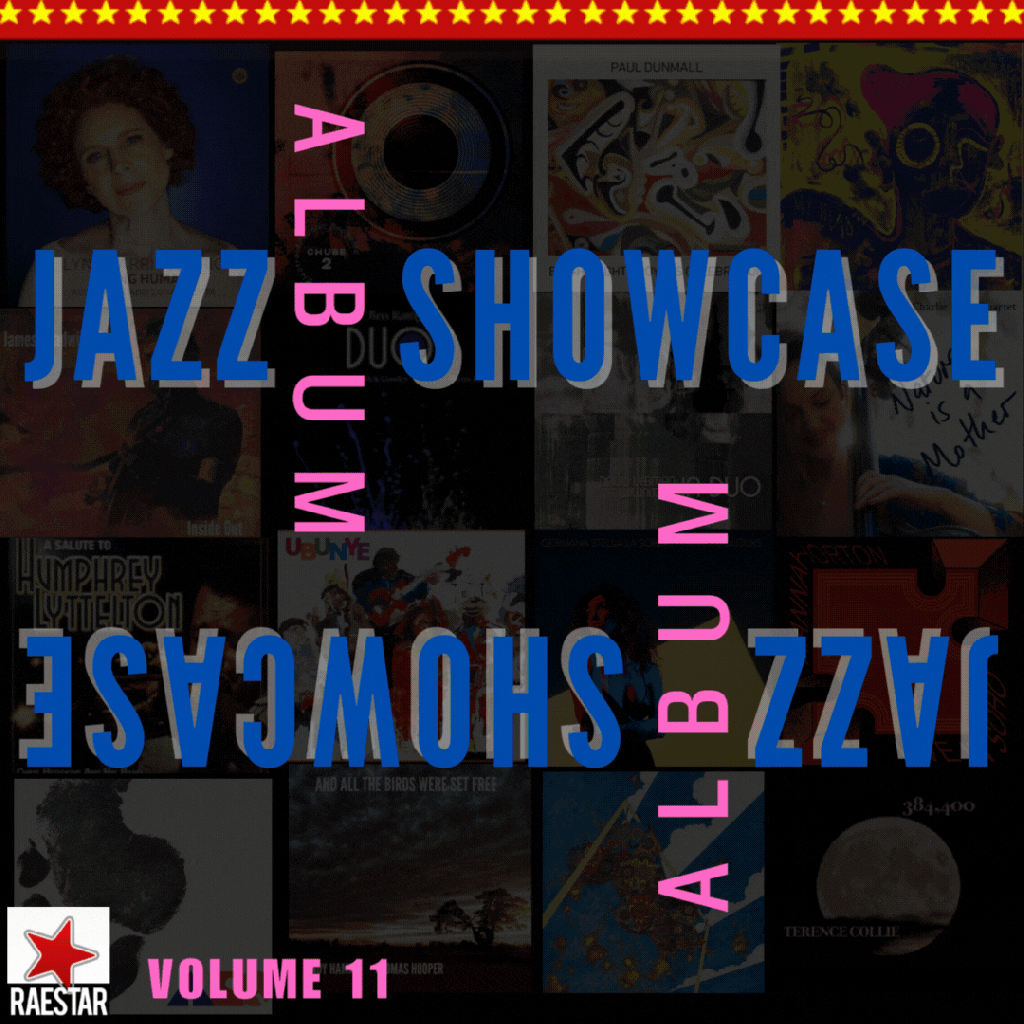

Recent Comments